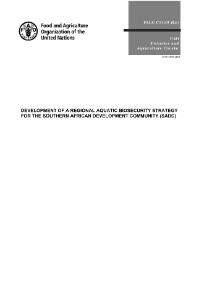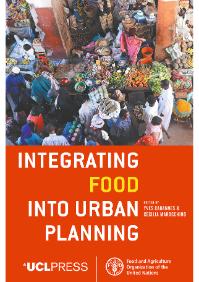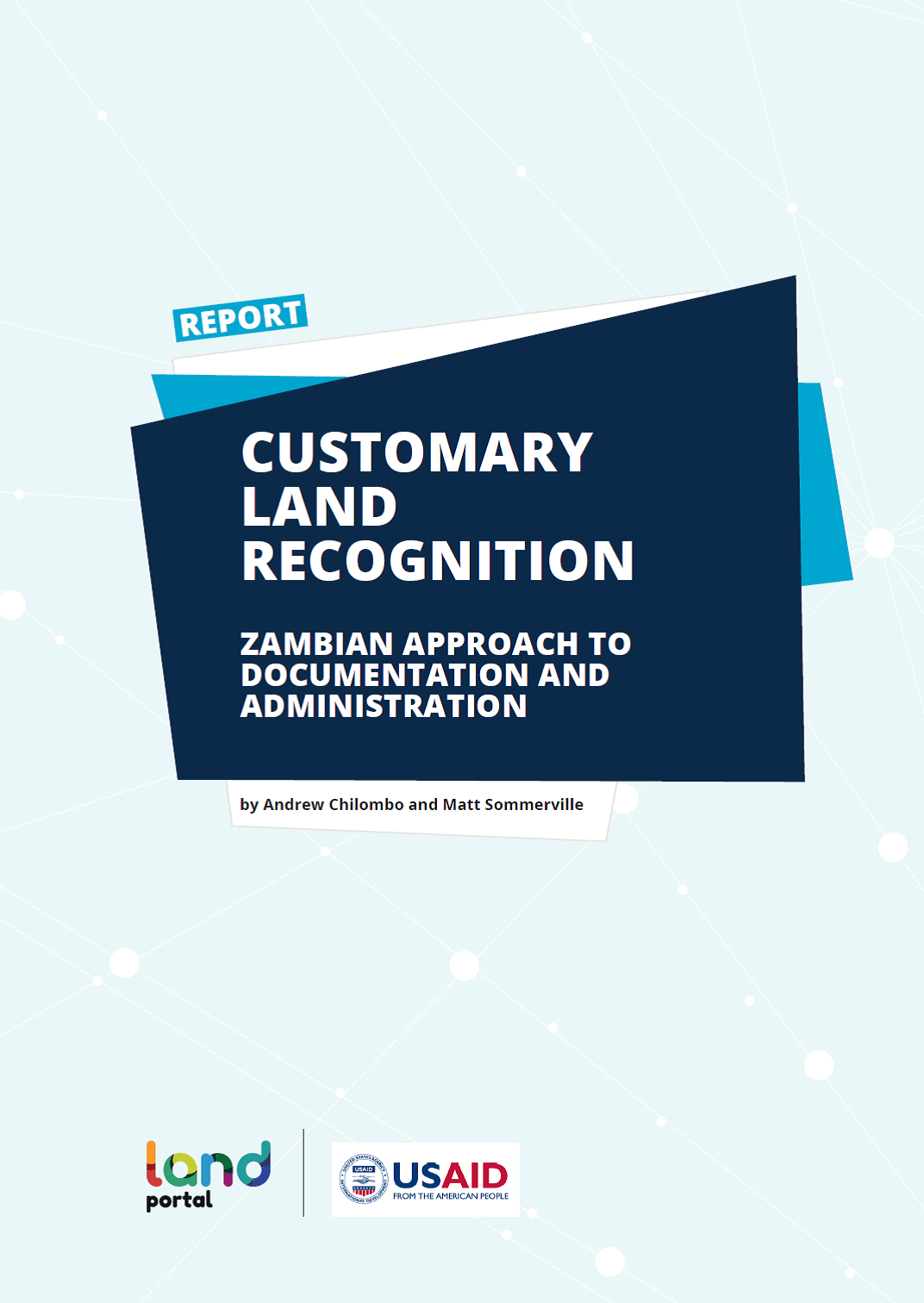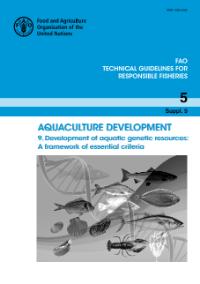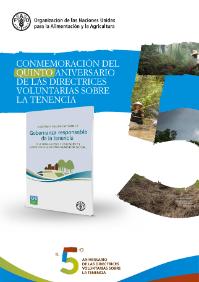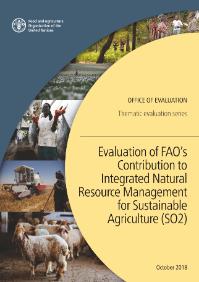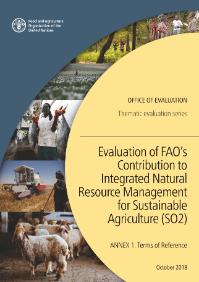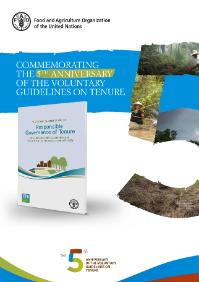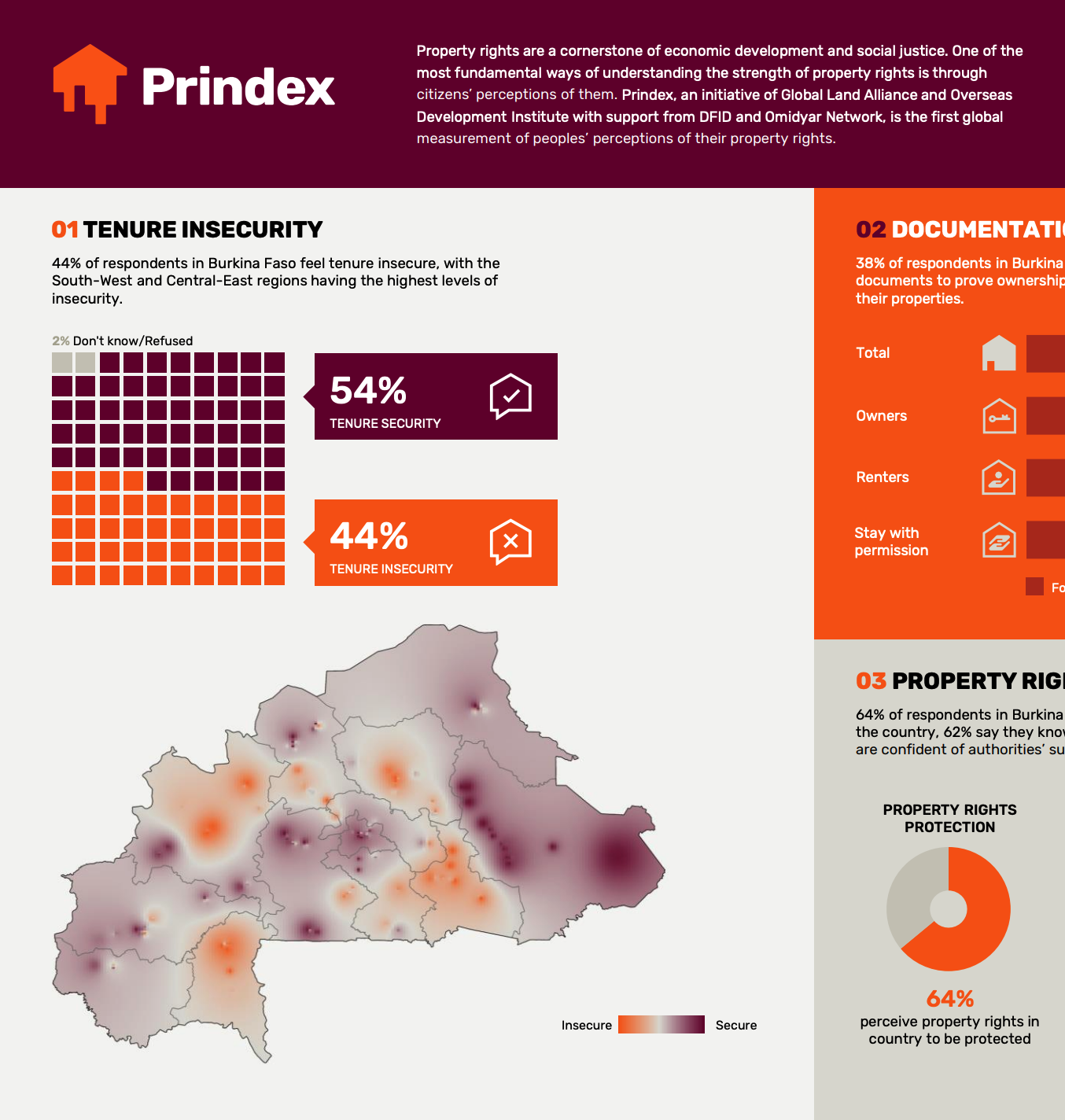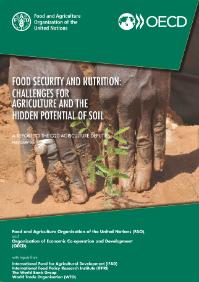This document details the activities that were undertaken by the Food and Agriculture Organization of the United Nations (FAO) and cooperating agencies (the Department of Agriculture, Forestry and Fisheries of South Africa (DAFF), the Africa Union Inter-African Bureau for Animal Resources (AU-…
The integration of food into urban planning is a crucial and emerging topic. Urban planners, alongside the local and regional authorities that have traditionally been less engaged in food-related issues, are now asked to take a central and active part in understanding the way food is produced,…
This eco-type map presents land units with distinct vegetation and exposure to floods (or droughts) in three villages in the Barotseland, Zambia. The knowledge and eco-types descriptions were collected from participatory mapping and focus group discussions with 77 participants from Mapungu,…
From January 15 to February 6, 2018, the USAID’s Tenure and Global Climate Change Program and Land Portal Foundation co-facilitated a dialogue on experiences of documenting household and community-level customary rights in Zambia. The dialogue brought together the perspectives of government,…
Water- and land-related resource conflicts are the starting point of the Zambian nexus study. Zambia is endowed with abundant land and water resources, the utilisation of which offers huge potential for the country’s economic development. For this reason, the Zambian Government has planned the…
Aquatic genetic resources (AqGR) play a crucial role in contributing to global food security and nutrition, as well as sustainable livelihoods. However, in various international fora, most FAO members have highlighted the limitations and constraints faced in assessing their national capacities…
El 11 de mayo de 2017 se celebró el quinto aniversario de la aprobación de las Directrices voluntarias sobre la gobernanza responsable de la tenencia de la tierra, la pesca y los bosques en el contexto de la seguridad alimentaria nacional (en adelante, Directrices voluntarias) por el Comité de…
The focus of Strategic Objective 2 stems from FAO’s vision for sustainable agriculture, which is at the heart of the 2030 Agenda. This evaluation assessed FAO’s efforts in promoting integrated approaches for making agriculture, forestry and fisheries more productive and sustainable. These…
The focus of Strategic Objective 2 stems from FAO’s vision for sustainable agriculture, which is at the heart of the 2030 Agenda. This evaluation assessed FAO’s efforts in promoting integrated approaches for making agriculture, forestry and fisheries more productive and sustainable. These…
The leaflet will provide an overview of in-country projects and achevements as well as regional initiatives. Articles include but are not limited to: Community lands at the core of Kenya’s new legal reforms; The Voluntary Guidelines: an instrumental tool in the pursuit of climate mitigation…
Wave 1 country infographics in one document. Countries include: Burkina Faso, Cameroon, Costa Rica, Cote D'Ivoire, Ecuador, Honduras, Liberia, Madagascar, Mozambique, Namibia, Peru, Rwanda, Senegal, Thailand, Zambia.
Report, prepared by FAO and the OECD with inputs from IFPRI, IFAD, the World Bank and WTO, submitted to the G20 Presidency of the Republic of Argentina in response to the Presidency’s request for information on future trends and challenges faced by global agriculture, with a special focus on the…

